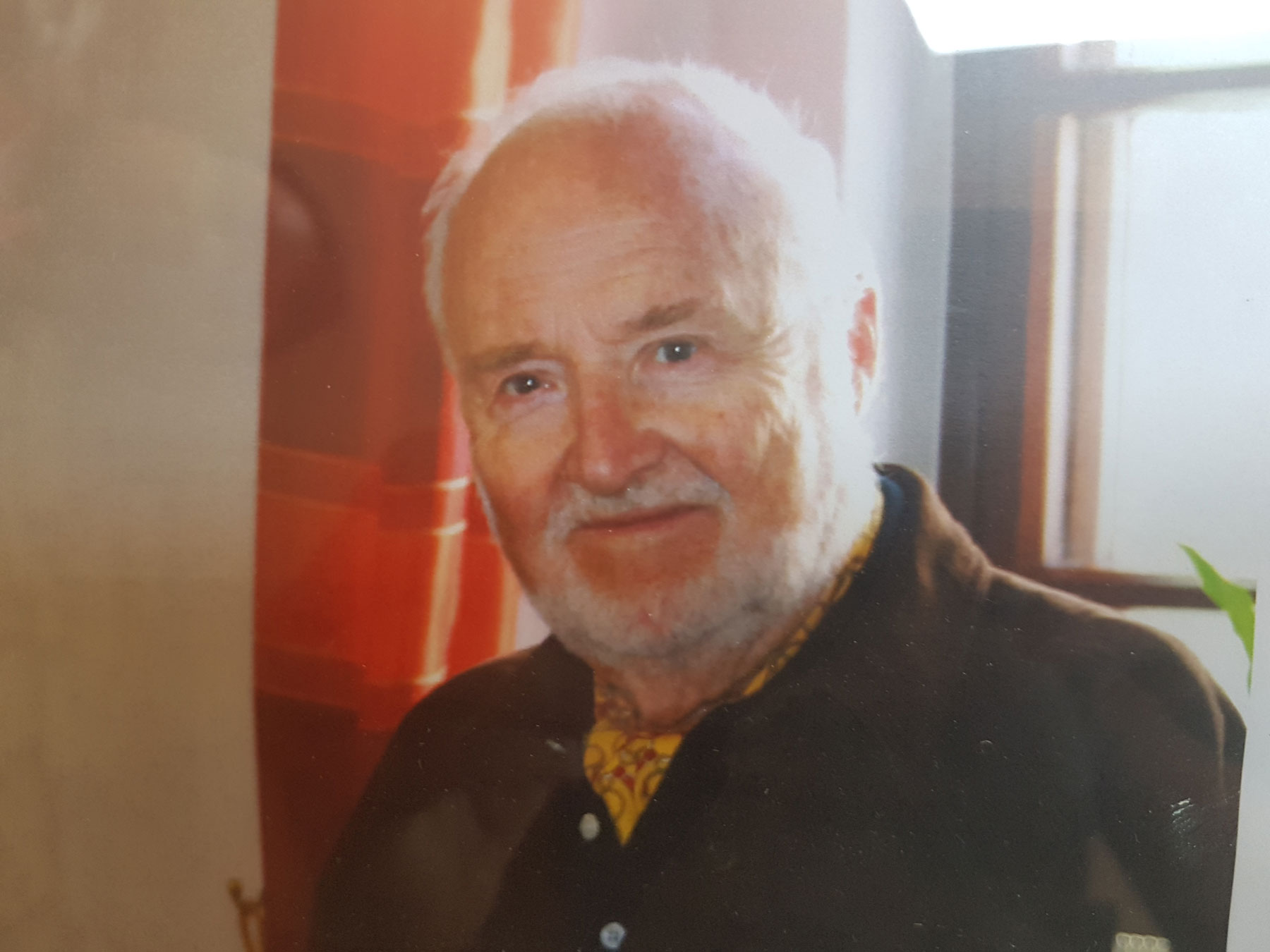Remembering Kristian Palda
Posted on August 7, 2019
Kingston, Ont. – From fleeing communism to winning Queen’s University’s highest award for research excellence, Smith Professor Emeritus Kristian Palda, BCom’56, lived a storied life.
A revered professor and prolific researcher, Palda passed away peacefully at home in Kingston on July 26, surrounded by family. He was 91.
Born in Prague in 1928, Palda escaped communist Czechoslovakia in 1949. He came to Canada, eventually enrolled at Queen’s and earned a Commerce degree.
After completing his MBA and PhD at the University of Chicago Graduate School of Business, Palda spent the 1960s writing three books and many academic articles on marketing and economics. His 1963 thesis, The Measurement of Cumulative Effects of Advertising Effects, was an oft-cited work and established the field of “Lydiametrics”.
In 1970, Palda joined the faculty at Smith. He soon became a pioneer in the emerging field of public choice. His work on the relationship between election advertising and political success, published in the Journal of Law and Economics in 1975, was especially important.
Eventually his interest turned to the link between R&D and economic performance. A critical essay he wrote for the Fraser Institute in 1979, called The Science Council’s Weakest Link, launched a Canada-wide debate on how involved government should be in managing commercial research. Palda’s work in this area, as well as his stature as one of the top researchers in empirical marketing, earned him the Queen’s University Prize for Excellence in Research in 1987.
Retired Smith Associate Professor Bohumir Pazderka remembers Palda as a “true academic – always on the lookout for a new subject to explore, a new research project to initiate, and figuring out how to generate a new publication.”
Like Palda, Pazderka grew up in Czechoslovakia. And like Palda, he escaped its communist grip, in 1968. When Pazderka came to Smith as a graduate student, Palda was his supervisor. “I always admired his excellent grasp of the English language and his exquisite writing style,” Pazderka said.
Palda spoke four languages fluently and maintained a high profile abroad with research stays at Louvain, Aix-en-Provence, Nice, Strasbourg, Poitiers, Clermont-Ferrand and the Center for Study of Public Choice at Virginia Tech.
As a young man in Czechoslovakia, Palda was persecuted by the communists and expelled from law school. After the fall of communism in 1989, Charles University in Prague awarded him an honorary doctorate in law. Palda later spent a year in Prague advising the government on the transition from a centrally planned to a market economy. He also participated at conferences and meetings of educators and administrators of newly established business schools and shared his expertise on the contribution of business education to the functioning of the economy.
Palda retired from Smith in 1995 but continued with his research for many years after. Throughout his life and even into his final year, he shared his incredible intelligence and genteel manner with those who surrounded him.
The Smith community will remember him as a groundbreaking researcher, scholar and teacher who challenged the status quo and inspired colleagues and students to do the same.